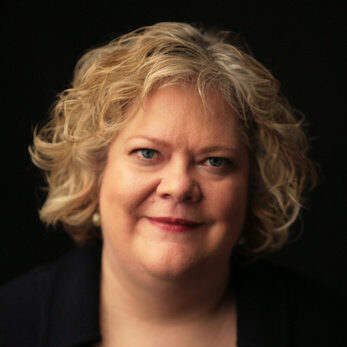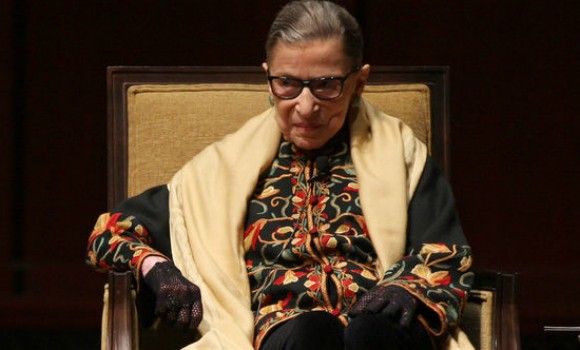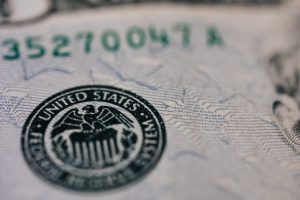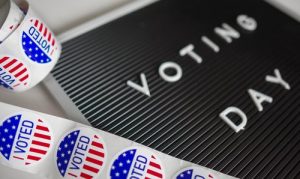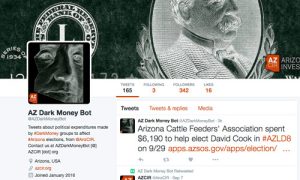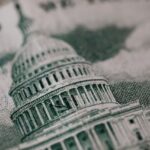Few Supreme Court cases this decade have been as controversial as Citizens United v. Federal Elections Commission, the 2010 decision that opened the door to free-spending by interest groups in political campaigns. It created the term “dark money,” meaning contributions bundled by activists whose donors do not have to be disclosed.
On Friday, Supreme Court Justice Ruth Bader Ginsburg said Citizens United is the one decision she wishes the court would reverse. She spoke at the University of Michigan’s Hill Auditorium, in an appearance sponsored by the Michigan Law School and Department of Philosophy.
There has been speculation that the court might use an upcoming elections case to limit or overturn Citizens United. The court passed on an opportunity to review its decision in 2012.
“There will come a time when the people will be disgusted with this, and the pendulum will swing the other way,” said Ginsburg, the second woman named to the high court.
Ginsburg, generally considered a liberal justice, has made no secret of her disdain for the Citizens United ruling, one of a number in which she has cast a dissenting vote over the past decade.
She wrote a blistering critique of the court’s ruling against Lily Ledbetter in her pay inequity suit against Goodyear Tire & Rubber, which ultimately led to Congressional passage of the Fair Pay Act.
The law assured that the 180-day limitation on lawsuits over alleged pay discrimination resets with every pay check. It was the first measure signed into law by President Obama in 2009.
“Most of my dissents will be the law some day,” she told the Michigan crowd, to applause.
Although she has a place in history as a jurist, Ginsburg said she nearly didn’t become a lawyer. Her first graduate school choice, after graduating from Cornell University in 1954, was to attend the Harvard Business School.
However, HBS at the time did not admit women students (it finally did so in 1963). Harvard’s law school, however, had begun accepting women in 1950. So, Ginsburg, who had graduated Phi Beta Kappa from Cornell, applied to the law school and was admitted, although she ultimately earned her degree from Columbia.
Along with her legal career, Ginsburg has become a figure in popular culture. Later this year, the opera Scalia v. Ginsburg will debut, pitting her against fellow Justice Antonin Scalia.
Ginsburg also has inspired the nickname and Twitter account Notorious R.B.G., a riff on the late rapper Notorious B.I.G. She admits she had to have her staff explain the significance.
But she told the Ann Arbor audience, “We do have in common having grown up in Brooklyn.”


